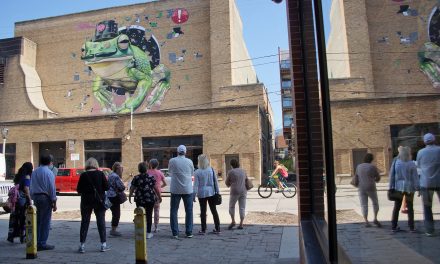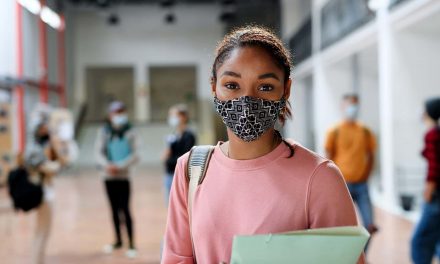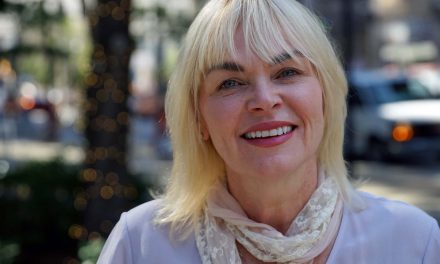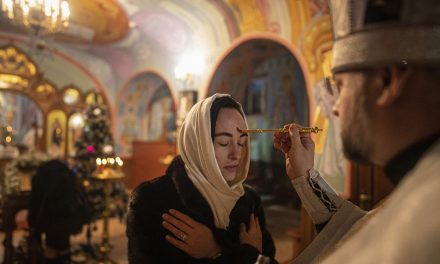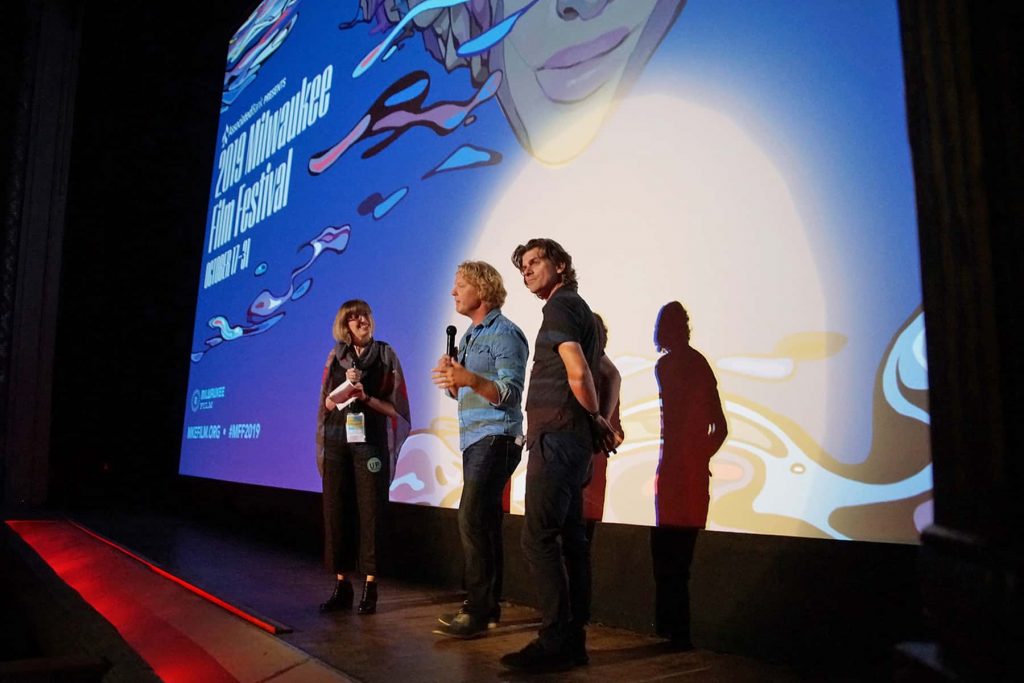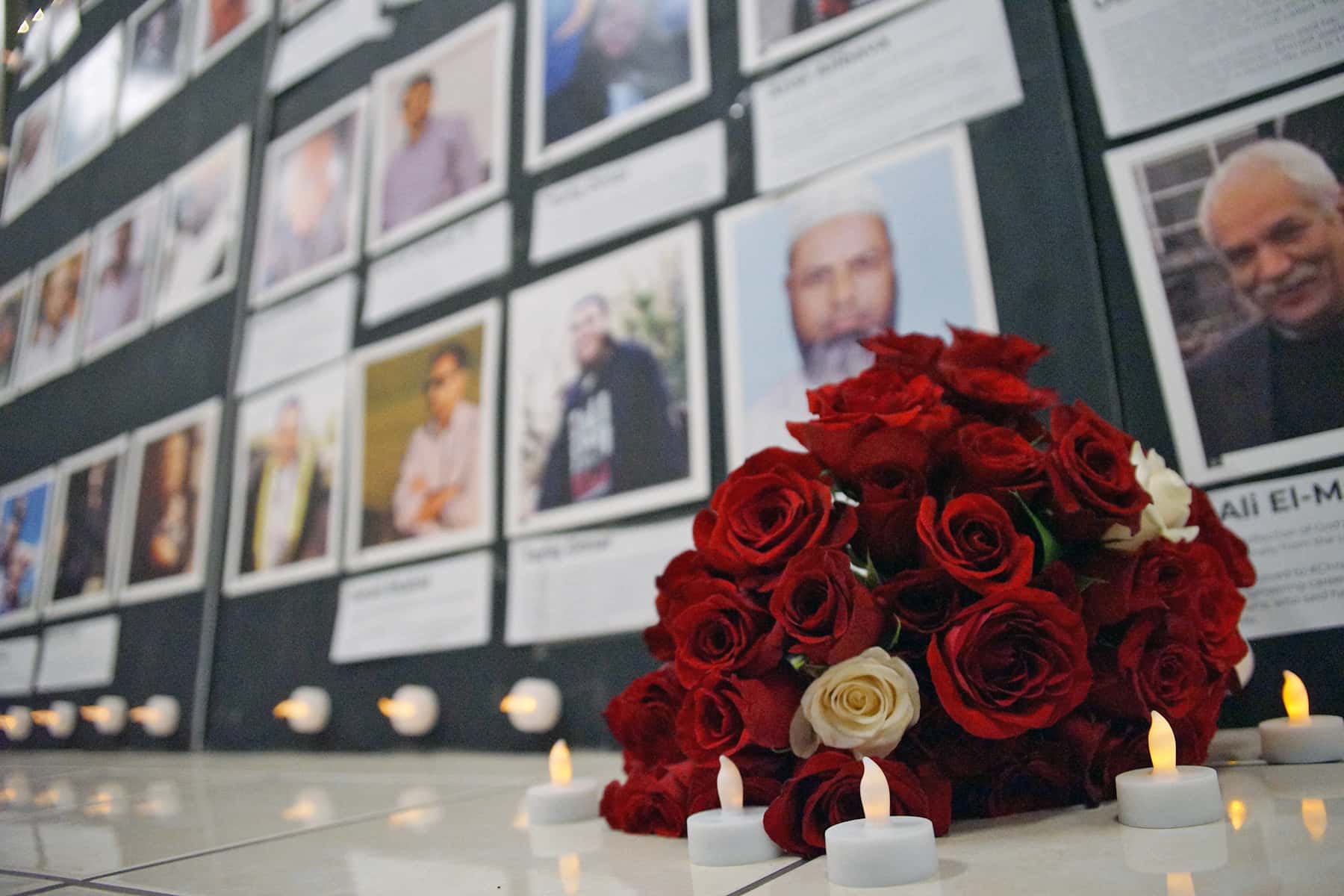
I woke that Friday morning, March 15, to a barrage of notifications on my mobile phone. Another mass murder was committed in a place of prayer by a self-proclaimed White Nationalist who live-streamed his attack on Facebook.
The social media feed described multiple dead and injured in a New Zealand Mosque. My concern centered on the families directly impacted, and before I could even truly reflect, my phone was ringing and dinging from various media outlets. CNN, Newsweek, and a local TV station wanted an interview.
I immediately recorded a video response with my wife to express our condolences, love, and strength. We then shared this message via Facebook, Twitter, Instagram, and LinkedIn. Next, I blocked out the rest of my day for interviews and rescheduled all my appointments.
The entire day was a blur of reflection, interviews, and retreating into family. By the end of that day, we knew that there were at least 50 people killed in two mosques, Al Noor Mosque and Linwood Islamic Center in Christchurch, New Zealand. The world collectively grieved. I knew even then that candle light vigils and shows of solidarity would follow and they did.
Have we become so habituated to mass murder that we know the typical response that we should all abide by? Are Americans so habituated to this type of violence that we have become robotic? Do we all just get accustomed to the soup we simmer in that our existence is spiced by the ingredients of acceptance, denial, avoidance, or maybe even cowering?
To adapt oneself to stimuli is an important human evolutionary function and is as natural as breathing. Habituation is just another way to describe adapting and adjusting over time to circumstances so that they do not overwhelm us. Increasing the stimuli gradually and building tolerance over time makes the response to the stimuli weaker to the brain.
The four factors that influence habituation are; duration, frequency, intensity, and change. In the development of human psychology, incorporating gradual exposure to stimuli helps clients overcome anxieties and phobias. The overall objective is that gradual exposure over time will help people become more comfortable with their fears.
However, as this relates to the upward trend of violence and mass murder, are we just becoming more comfortable with the gradual growth of the misery?
Meanwhile in countries like New Zealand, a place that does not experience these types of attacks on such a frequent basis as America, the population had a much more visceral response by its community and leadership.
While mourning with the parishioners of the two mosques and wearing a hijab in solidarity, Zealand Prime Minister Jacinda Ardern immediately denounced the shooting as an act of a “terrorism.”
She would go on to encourage that attention be directed to the victims instead of the perpetrator of violence, stating “He may have sought notoriety, but we in New Zealand will give him nothing, not even his name.”
Within days of the shooting PM Ardern announced the banning of all military style assault rifles and semi-automatic weapons, while also announcing a gun buy-back program which was immediately embraced by many New Zealanders. Over the days that followed, she called on New Zealanders to ban the shooter’s template manifesto to white supremacy. PM Ardern has used her considerable platform to denounce racism in New Zealand and worldwide, and called for a more compassionate society.
Meanwhile in the United States, we go through our own grieving process with decreased interest, decreased shock, decreased response to the suffering we all feel. Prayers and vigils held to resuscitate and revive our spiritual drive enough to step out of the spiritual soup that we have been simmering in for so long to simply ask ourselves, “why are we doing this to ourselves?”
According to recent mental health studies, nearly half of all Americans report feelings of loneliness. There has been an increase in depression and anxiety related disorders. Historically, we understood trauma and PTSD (post-traumatic stress disorder) as an individual diagnosable disorder, in which a single person had to experience the event(s) to receive the diagnosis.
We now understand that communities can suffer similar symptomatology when not even directly affected by the violence themselves. Simply put, the threat of violence to marginalized in-group members can have severe consequences on quality of life concerns for those group members who identify or empathize with that group.
In Milwaukee and worldwide, this evolution of the way that we view communal health has to be heavily considered as we discuss policy and procedure going forward. Communal trauma has to be at the foundation of our public health model to ensure that systems have sufficient knowledge bases to inform their practices. I am not sure that Milwaukee and the broader community is there yet, despite our advertisements of “trauma-informed practices.”
It has been many days since the New Zealand attack. It has been almost 7 years since the August 5 attack at the Sikh Temple. My personal process has called me to embrace the vulnerability of my own existence, however it is not fair to ask everyone to embrace this form of existential spirituality. That is because this form of passivity looks a lot like being habituated to pain.
In the near future, as members of a shared society, we will hopefully ask ourselves what the tipping point was. The answer is different for different people. Some may have already felt this and are busy working towards a more humane existence. Some may feel it soon and yet some may never.
My prayer is to strike a balance of being shocked by human suffering but not so overwhelmed that inaction or running from the issue becomes the response.
Embracing the words of PM Ardern, “The Prophet Muhammad, Sallallahu alaiha wasallam (Peace be upon Him) said, the believers in mutual kindness, compassion, and sympathy are just like one body. When any part of one body suffers, the whole body feels pain. New Zealand mourns with you. WE ARE ONE.”
This progression of the human family will only happen as we see the divine in all, in-group and out-group, embracing the beauty that all human existence brings forth.
“We give the white terrorists the privilege of a humanity that we inherently afford to whiteness. And then we try to work out how it all went wrong in ways that don’t implicate us.” – Jan Fran

